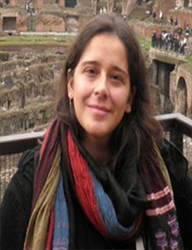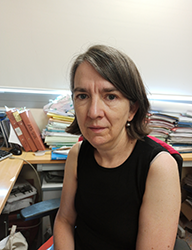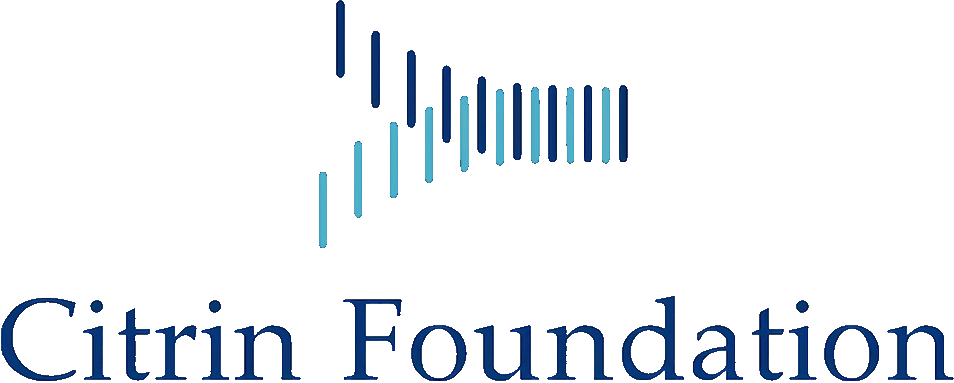Araceli del ARCO, PhD and Laura CONTRERAS, PhD
Centro de Biología Molecular Severo Ochoa (CBMSO), Universidad Autónoma de Madrid, Spain
Generation of a new human-like citrin-deficiency mouse model to study citrin deficiency
Citrin deficiency (CD), a pan-ethnic disorder caused by mutations in the gene coding for the hepatic isoform of the mitochondrial aspartate/glutamate carrier (AGC) Citrin, has a complex phenotype. Severe symptoms are caused by reduced urea cycle activity leading to hyperammonaemia and citrullinemia. Other pathology includes impaired gluconeogenesis from reduced substrates. Current mouse models do not closely recapitulate certain aspects of the disease likely due to differences between species, possibly involving the higher expression of the neuron isoform Aralar in the mouse liver compared to human liver.
Therefore, our project aims at removing Aralar in the the mouse liver. We hypothesize that knocking out Aralar specifically in liver will make the mice more closely resemble the situation of patients and may constitute an improved CD model. In addition, it is expected that it will allow better testing of gene therapies based on lipid encapsulated mRNA delivery or other gene therapy approaches and to better study the participation of Citrin in the regulation of liver metabolism by Ca2+– mobilizing hormones.
(Updated June 2022)




